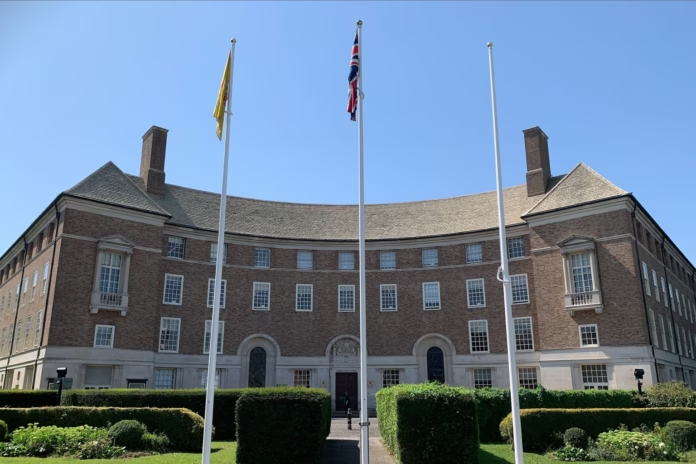Auditors have resolved an accounting issue relating to inverse Lender Option Borrower Option (LOBO) loans which had delayed the signing off of accounts at several councils.
This week Lancashire County Council’s auditor Grant Thornton concluded that the authority’s accounting treatment of a £50m inverse floating LOBO taken out in 2010 did not breach the rules.
Paul Dossett, head of local government at the firm, told Room151 that he expects all the remaining accounts held up over the LOBO issue to be signed off within a month.
“Lancashire has been signed off and we expect the other councils with inverse LOBOs that we audit — Salford, Trafford and Cornwall — to be signed off by the end of September,” said Dossett.
“My understanding is that the other auditors of the rest of the councils with these loans have, or will be, signing off their accounts.”
The issue over the accounting treatment of inverse floater LOBOs came to light as auditors examined objections to accounting at a number of councils with LOBOs, organised by pressure group UK Debt Resistance.
The debate centred on whether councils should have accounted for interest and other costs related to LOBOs up front, or whether the approach taken by councils — to spread the costs over the lifetime of the loans — was valid.
“If it had been found that councils should have accounted for these costs up front, it could have had a significant impact on general funds,” said Dossett.
“Some councils could have faced costs running into the tens of millions of pounds unless the government had chosen to mitigate it by use of statutory regulations.”
However, following intensive work, Dossett said that the approach taken by councils in spreading the cost of inverse LOBOs was permissible under accounting standards.
Grant Thornton has recommended that councils add additional disclosures in their financial statements to clearly describe the judgements they made in deciding on the accounting treatment of LOBOs.
Around 14 councils are understood to have taken out inverse floater LOBOs, which allow rates for the loan to increase if bank lending rates decrease.
“Vanilla” LOBOs, on which rates can rise when bank rates increase, were not subject to the auditor’s investigations.
The latest development does not mean councils are out of the woods entirely: auditors are still investigating a number of additional objections, including whether it was legal for the councils to take out LOBO loans at all.
Debt Resistance UK is currently crowdfunding for a part-time campaigner to help residents lodge more objections to local authority accounts.
A statement on the group’s website said: “Last year, we provided support for residents objecting to risky and expensive LOBO loans in 18 local authorities.
“This summer, we aim to double that number and have already filed at least 15 objections in just two weeks.”













